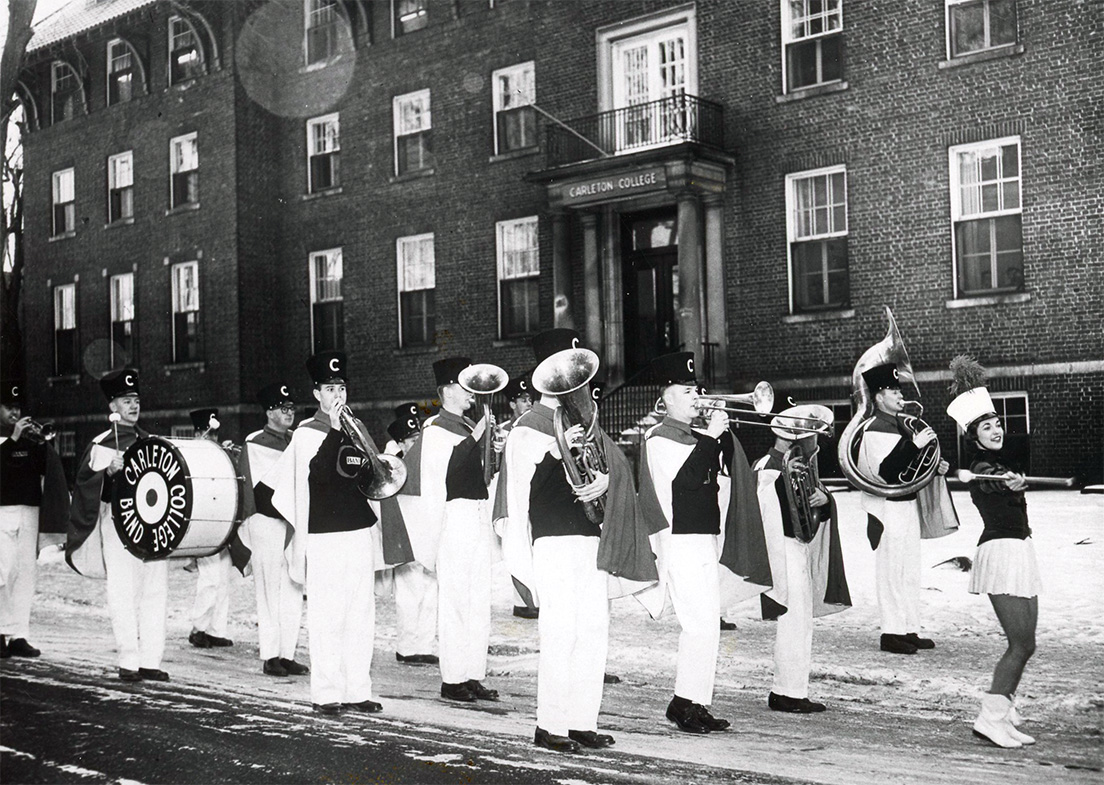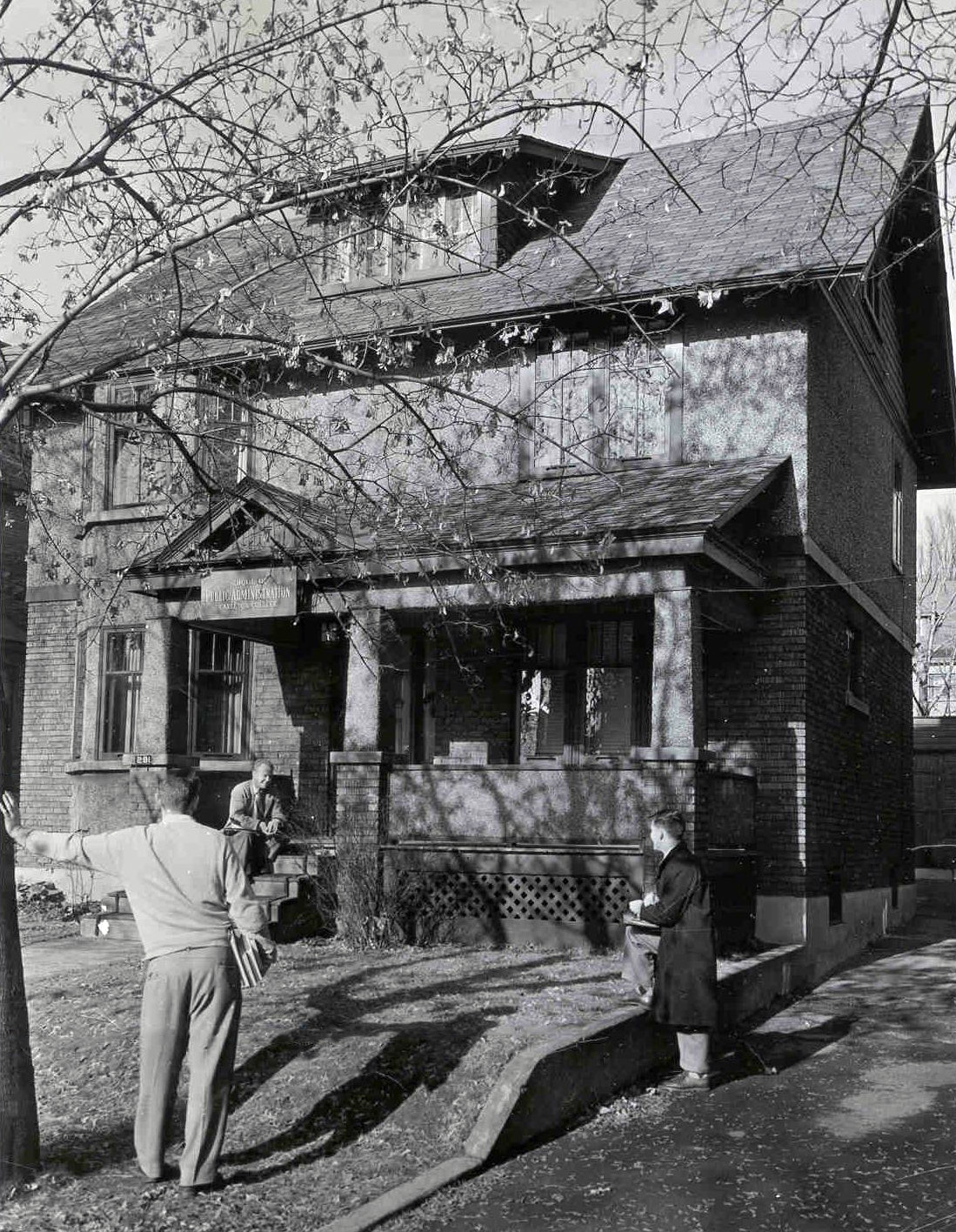History of SPPA

Carleton University grew out of a community movement interested in enhancing public service.
Created in 1942, Carleton College was Canada’s first non-denominational college, and the initial programs in Public Administration and Journalism were the first of their kind in the country. In the summer of 1943, the Institute of Public Administration was established and it opened its first (evening) classes on October 4. The Institute had 205 students register and offered courses in personnel management, statistical methods, populations trends and social policy, advanced calculus and differential equations, world organizations, advanced accounting, and social work.
During 1945-46, because of the growth of the work of the College and in the Institute of Public Administration, and because of the intimate relation of their respective courses of study, it was decided to reorganize the Institute of Public Administration as a Faculty of Public Administration. With Junior Matriculation as the admission requirement, a four-year course leading to the degree of Bachelor of Public Administration was offered. In 1946, three students graduated with a Bachelor of Public Administration at Carleton’s first convocation.

In September 1946, Carleton College for the first time came into possession of a building of its own, a four-story structure situated at the south-west corner of First Avenue and Lyon Street, on a property running west from Lyon between First and Second Avenues. With generous support of the Atkinson Foundation, the School of Public Administration — the first in Canada — was established in 1953. The School was one of three houses used by Carleton College. Staff at the School of Public Administration building could take their coffee break out in the backyard by putting the phone, with extension cord, through the back window.

The School of Public Policy and Administration has continued to prepare students for careers of leadership and meaningful contribution across the public, private and nonprofit sectors.
SPPA delivers a range of professionally-relevant academic programs that balance theory and practice, tradition and innovation. We offer an energizing intellectual environment, an expansive community of scholars and practitioners, as well as a welcoming culture that respects and supports diverse perspectives.